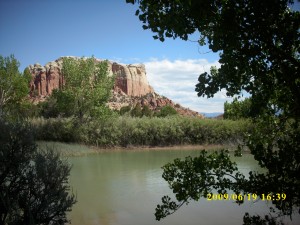The Evolution of the Brain and the Mind

Thousands of years ago, our ancestors faced a neurological opportunity similar to the one we face today, an opportunity that facilitated an evolutionary leap forward. With the awakening of the neocortex, our forebears acquired a new brain structure that nature had wired for joy, creativity, and innovation.
To access that potential, our ancestors required specific nutrients to provide fuel to run their neurocomputer. Once they added brain-enriching foods to their diet, the faculties of certain individuals, the visionaries of their day, came online and began to create great works of art, devise written language, establish civilizations, and lay the foundations for our modern human experience.
During this time, ancestral shamans described Creation as a web of life in which we are all interconnected. This was a kind of Indra’s Net, which the mythology of ancient India describes as a web with an infinite number of intersecting strands and a precious jewel at the intersection of every strand. Each of the infinite number of jewels reflects every other jewel perfectly. Within this mythical net, all beings are interrelated, and all of our actions, no matter how slight, affect everyone else. Within this net, prophets converse with God and interpret His will, while mystics search for the elixir of immortality and alchemists attempt to transform lead into gold. These sages, mystics, and alchemists shared the same preoccupations as seers of today. They asked, as we do now: How can we live long and healthy lives, unaffected by debilitating illness and degenerative brain disease? How can we turn the dense lead of human suffering into the gold of enlightened consciousness?
to read more, go to: http://www.realitysandwich.com/evolution_brain_mind






 or centuries, Amazonian shamans have used ayahuasca as a window into the soul. The sacrament, they claim, can cure any illness. The author joins in this ancient ritual and finds the worlds within more terrifying—and enlightening—than ever imagined.
or centuries, Amazonian shamans have used ayahuasca as a window into the soul. The sacrament, they claim, can cure any illness. The author joins in this ancient ritual and finds the worlds within more terrifying—and enlightening—than ever imagined.